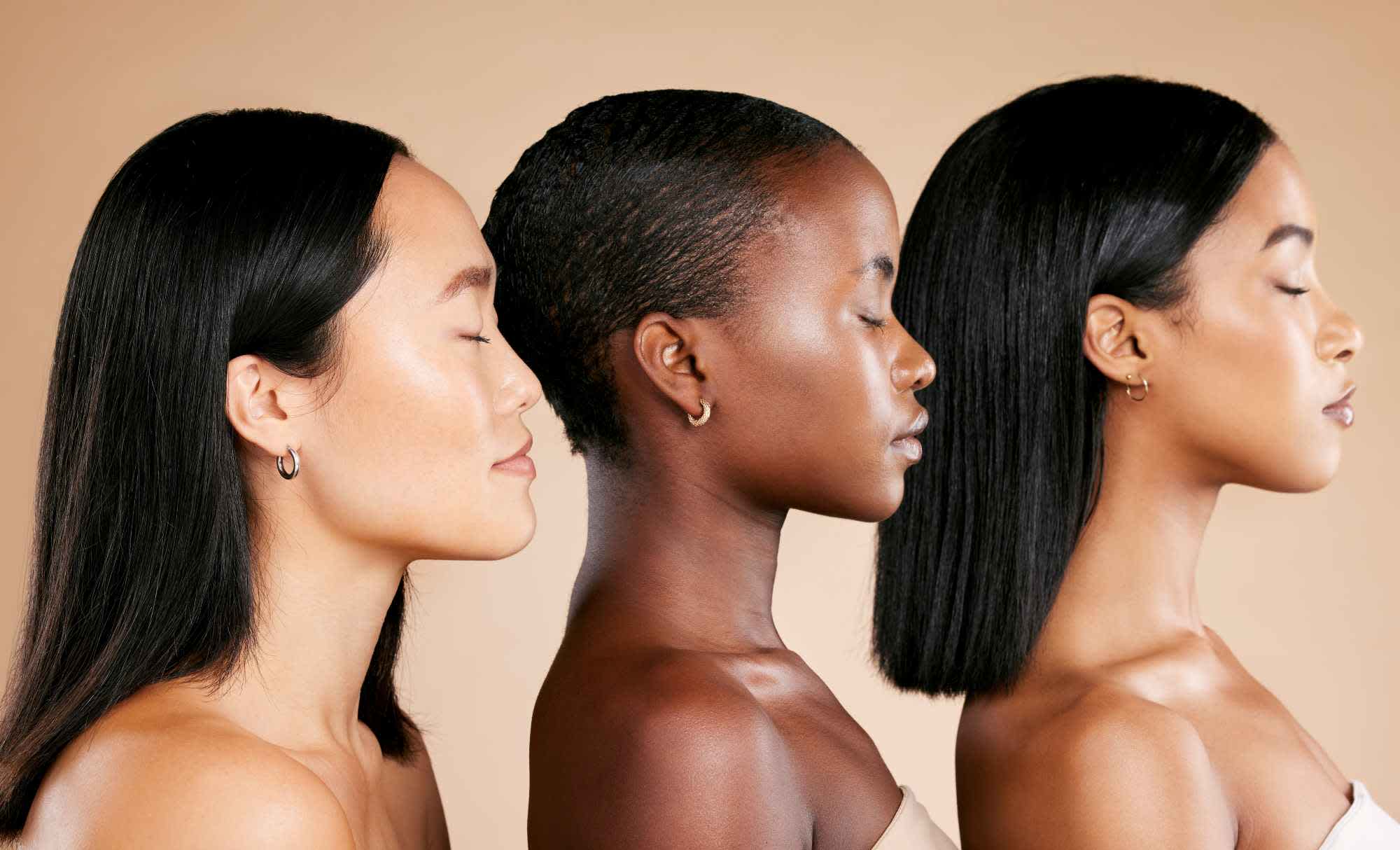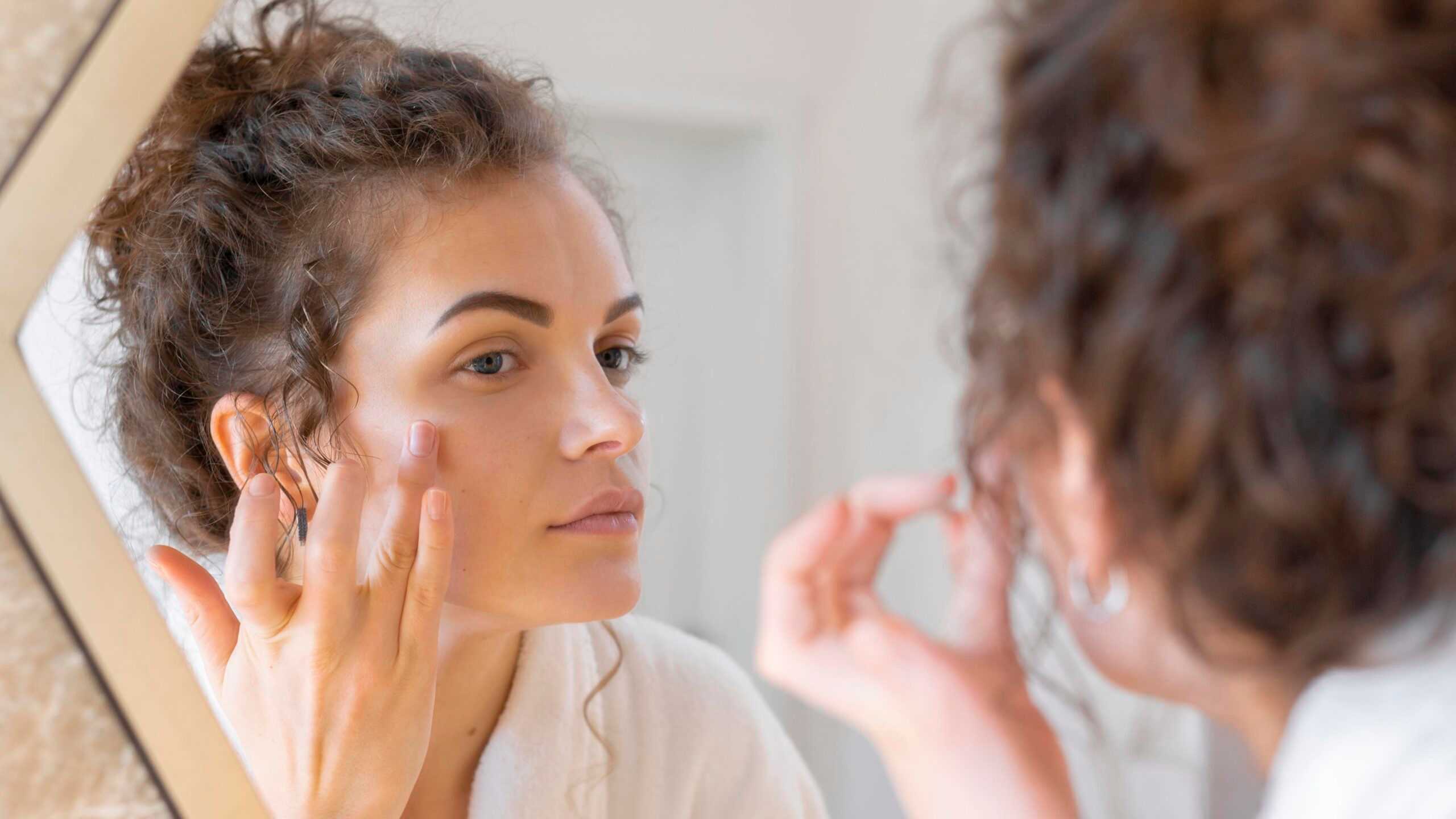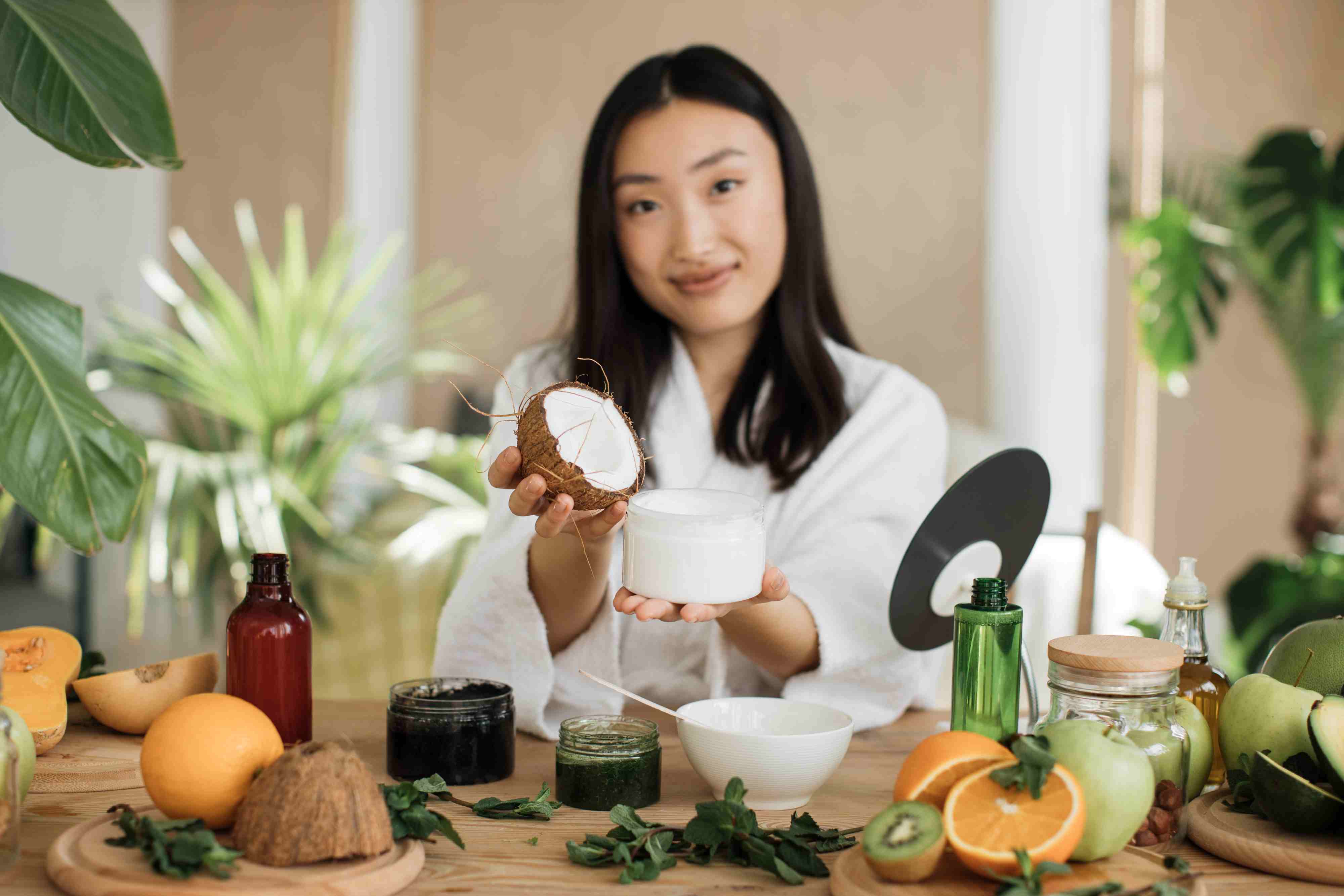
Promoting Self-Acceptance and Challenging Traditional Beauty Standards

Introduction
For decades, traditional beauty standards have dictated how people perceive themselves and others. These standards, often unrealistic and exclusionary, have contributed to low self-esteem, body image issues, and discrimination. However, a growing movement is now challenging these norms and promoting self-acceptance. By embracing individuality, we can foster a more inclusive society that values authenticity over perfection.
The Evolution of Beauty Standards

Beauty ideals have changed significantly over time:
Ancient Civilizations: Greeks and Romans admired symmetry and proportion.
Renaissance Era: Voluptuous figures were considered beautiful, representing wealth and fertility.
1920s Flapper Style: A boyish figure became the desired look.
1950s Hourglass Figure: Inspired by icons like Marilyn Monroe.
1990s-2000s Thin Ideal: Supermodel culture glorified extreme thinness.
Present-Day Diversity Movement: A shift toward body positivity and inclusivity.
These trends highlight how subjective and ever-changing beauty standards are, proving they should not define one’s self-worth.
How Rigid beauty ideals have led to:

Low Self-Esteem: Many people feel inadequate when they don't fit the "ideal" look.
Eating Disorders: The pressure to conform has contributed to conditions like anorexia and bulimia.
Anxiety and Depression: Social comparison can lead to mental health struggles.
Bullying and Discrimination: People who don’t conform often face criticism and exclusion.
Unrealistic Expectations: Filters and Photoshop create unattainable beauty images.
The Rise of the Self-Acceptance Movement
In response to these negative impacts, many individuals and organizations are advocating for self-love and inclusivity. Key aspects of this movement include:
1. Body Positivity
Encourages people to love their bodies regardless of size, shape, or appearance.
Challenges the idea that only certain body types are attractive.
Promotes representation of diverse body types in media and fashion.
2. Body Neutrality
Focuses on appreciating the body for what it can do rather than how it looks.
Helps individuals detach their self-worth from physical appearance.
3. Representation in Media and Fashion
More brands are featuring models of different ethnicities, body types, and abilities.
Movements like #NoFilter challenge the unrealistic portrayals of beauty.
Influencers and celebrities are speaking out about beauty standards.
4. Embracing Natural Beauty
Movements like #Freetheskin and #NoMakeup encourage people to embrace natural features.
Reducing reliance on beauty products as a means of self-worth.
How to Practice Self-Acceptance
Self-acceptance is a journey that requires effort and mindfulness. Some ways to cultivate it include:
1. Challenge Negative Self-Talk
Replace self-criticism with positive affirmations.
Remind yourself that everyone has imperfections.
2. Surround Yourself with Positivity
Follow social media accounts that promote body positivity and self-love.
Distance yourself from toxic environments that enforce unrealistic beauty standards.
3. Focus on Health, Not Appearance
Engage in physical activity for strength and well-being, not just aesthetics.
Nourish your body with foods that make you feel good.
4. Celebrate Your Unique Features
Embrace your natural hair, skin tone, and body shape.
Recognize that diversity in beauty is what makes individuals unique.
5. Support Brands and Media That Promote Diversity
Choose brands that prioritize inclusivity.
Support movements that advocate for equal representation in fashion and beauty.
The Role of Social Media in Redefining Beauty
While social media has contributed to unrealistic beauty expectations, it is also a powerful tool for change. Platforms like Instagram, TikTok, and YouTube are seeing a rise in:
Influencers promoting self-love and authenticity.
Hashtags like #BodyPositivity and #SelfLove.
Unedited, natural photos challenge traditional beauty norms.
Discussions on mental health and body acceptance.
Men and Beauty Standards
The conversation around beauty standards is not limited to women. Men also experience:
Pressure to have muscular, lean physiques.
Unrealistic grooming expectations.
Social stigma around skincare and beauty routines.
Mental health struggles are due to body image concerns.
Challenging these norms allows men to embrace diverse body types and self-care routines without judgment.
The Future of Beauty: An Inclusive Perspective
The shift toward inclusivity in beauty standards is gaining momentum. Looking ahead:
Brands will continue to embrace diversity.
Mental health advocacy will remain a priority.
Self-acceptance education will be integrated into schools and workplaces.
Society will celebrate individuality rather than conformity.
Conclusion
Promoting self-acceptance and challenging traditional beauty standards is crucial for fostering a healthier, more inclusive society. By embracing diversity, rejecting unrealistic ideals, and supporting positive change, we can create a world where beauty is defined by confidence, uniqueness, and self-love. It’s time to celebrate who we are—flaws and all—because true beauty lies in authenticity.
10 FAQs About Self-Acceptance and Beauty Standards
1. What are traditional beauty standards? Traditional beauty standards are societal expectations of physical appearance, often emphasizing specific body types, facial features, and grooming habits.
2. Why is self-acceptance important? Self-acceptance fosters confidence, mental well-being, and overall happiness by allowing individuals to embrace who they are without societal pressure.
3. How can I overcome beauty-related insecurities? Challenging negative self-talk, surrounding yourself with positivity, and focusing on health rather than appearance can help overcome insecurities.
4. How do beauty standards affect mental health? Unrealistic beauty expectations can lead to low self-esteem, anxiety, depression, and eating disorders.
5. What is body neutrality? Body neutrality encourages people to appreciate their bodies for their functionality rather than focusing on their appearance.
6. Are beauty standards changing? Yes! The rise of body positivity, representation in media, and acceptance of diverse beauty is shifting the narrative.
7. How can I promote self-acceptance in others? Encouraging open conversations, avoiding judgment, and celebrating diversity in appearance can help others embrace self-acceptance.
8. Does social media help or hurt self-acceptance? While social media can promote unrealistic ideals, it can also be a powerful tool for advocacy, representation, and positive change.
9. How do I choose beauty brands that support inclusivity? Look for brands that feature diverse models, support ethical practices, and challenge narrow beauty ideals.
10. What is the best way to practice self-love daily? Engage in self-care routines, affirm your self-worth, and remind yourself that beauty comes in all forms, including yours.


